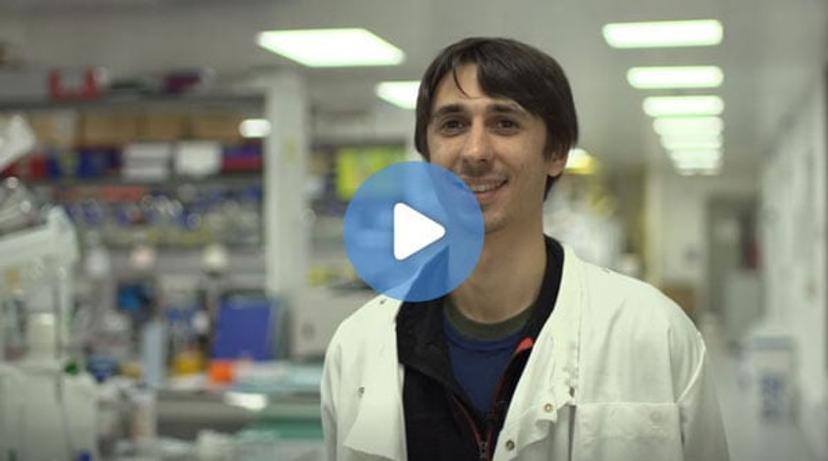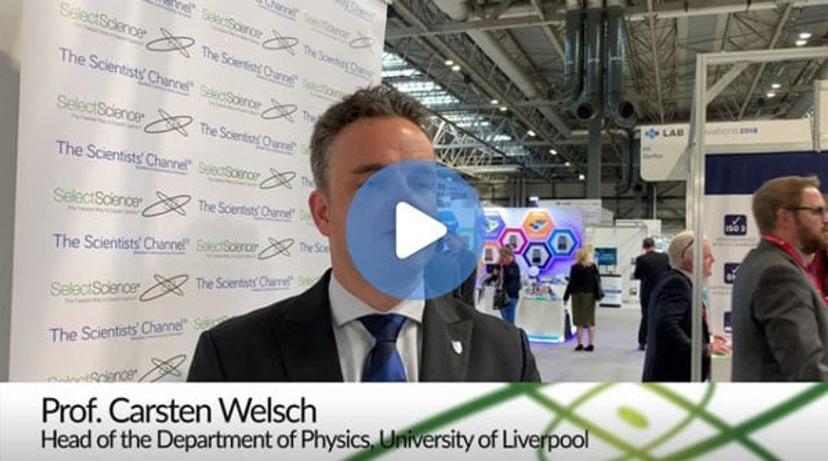Top 4 Trending Videos on The Scientists' Channel: From Graphene Oxide to Neurobiology
Connect with scientists around the world and discover scientific innovation with the latest videos on The Scientists' Channel
6 Feb 2019
Revolutionary new video platform, The Scientists' Channel, is one year old next month. Since its launch at Pittcon 2018, the trailblazing website has been making waves across the world of science, enabling scientists to present their work, share innovations and expertise by broadcasting to a global audience through a fully moderated, trusted and independent platform. Exclusive new interviews are being published all the time. In this article, discover four of the latest videos published on The Scientists' Channel, including expert insights into everything from antimicrobial resistance to anti-cancer drugs and new detector technologies the Large Hadron Collider.
Elucidating the Potential Toxicity of Graphene Oxide Nanomaterials

In this video, Dr. Thomas Loret, of the University of Manchester, describes his research into the potential pulmonary toxicity of graphene oxide and other 2D materials, using in vitro methodologies to focus on proinflammatory markers.
Tackling the Threat of Antimicrobial Resistance

Dr. Peter Jackson, Executive Director, Antimicrobial Resistance (AMR) Centre, UK, discusses the threat of antimicrobial resistance and the approach of the AMR Centre to tackle this global concern.
Modelling the Effect of Anti-Cancer Drugs on the Vascular System

Over time, anti-cancer therapies can affect cardiovascular responses and develop hypertension and other cardiovascular diseases. In this video, Jeanette Woolard, Associate Professor in Cardiovascular Pharmacology at the University of Nottingham, discusses the use of minimized doppler flowmetry probes in blood vessels to investigate blood flow through distinct vascular beds and changes in blood pressure and heart rate in response to anti-cancer therapies.
Optimizing CERN’s Large Hadron Collider

Dr. Carsten Welsch, Head of the Department of Physics at University of Liverpool, describes how researchers at the university are developing new detector technologies for particle accelerators, such as the Large Hadron Collider at CERN. Hear how applications of this technology have expanded from fundamental science to cancer therapy.

